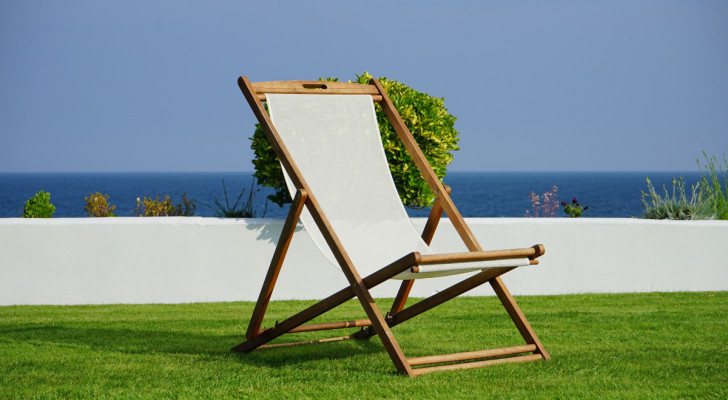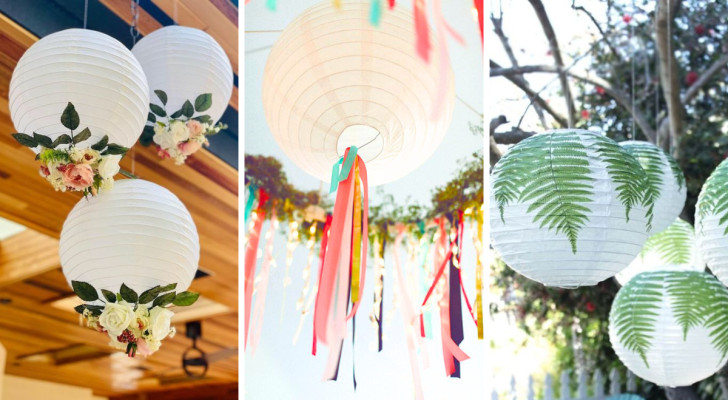4 unusual gardening tips to make plant care easier and more enjoyable
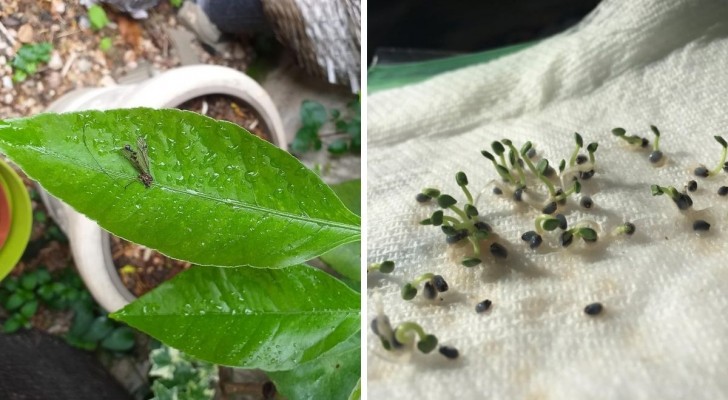
We buy a plant, we put it in the right spot in the house and water it every now and then... is this enough? Well, yes and no. Plants are living entities that need care, to be protected, helped when they have health issues, and so on. But this doesn't mean that this has to be a "heavy burden": there are tips which can make these chores easier.
Check out the advice offered below and see if it could help you out dealing with your plants:
Germinate seeds using paper towels
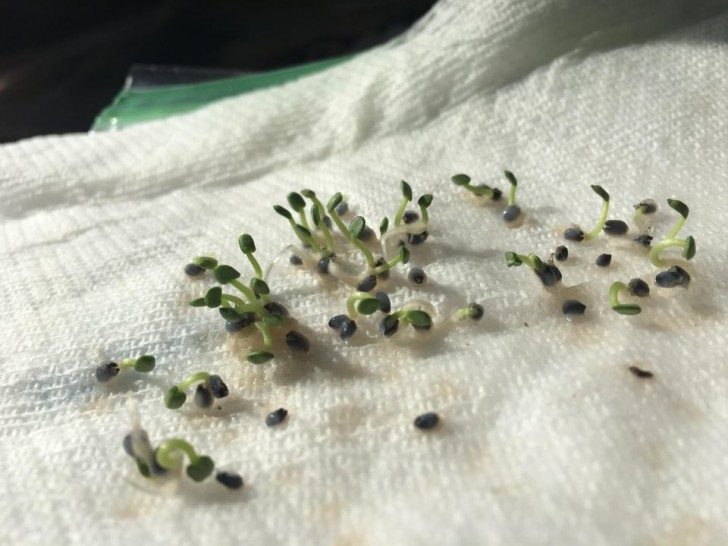
Germinating seeds is always a numbers game: of all the seeds we try to germinate, only a few will make it. And success also depends on their germination rates. Sowing seeds directly on the ground leaves them very exposed and at the mercy of birds, insects or rodents... very few will survive and thrive.
Give your seeds a head start by putting them between two layers of paper towels which you can sprinkle with water every few days (so that they are constantly moist, but not soaked). Many more seeds will germinate using this technique!
Pencil shavings on the soil: why?
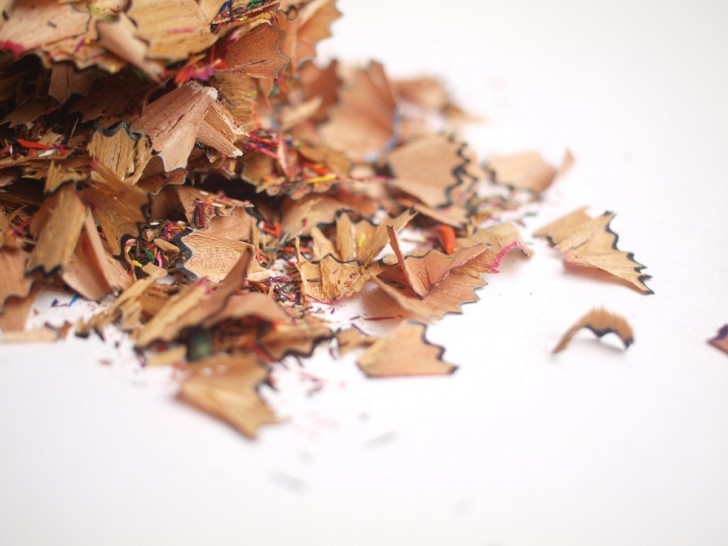
When we sharpen pencils, the shavings can be kept to be used in plant pots. The shavings function like mulch to prevent weeds from growing and also help to retain more moisture in the soil during hot periods, or protect the plants during cold snaps.
Pencil shavings are also an excellent repellent for various pests and parasites. Further, the graphite contained in shavings helps to enrich the soil!
Oil of Neem for plants
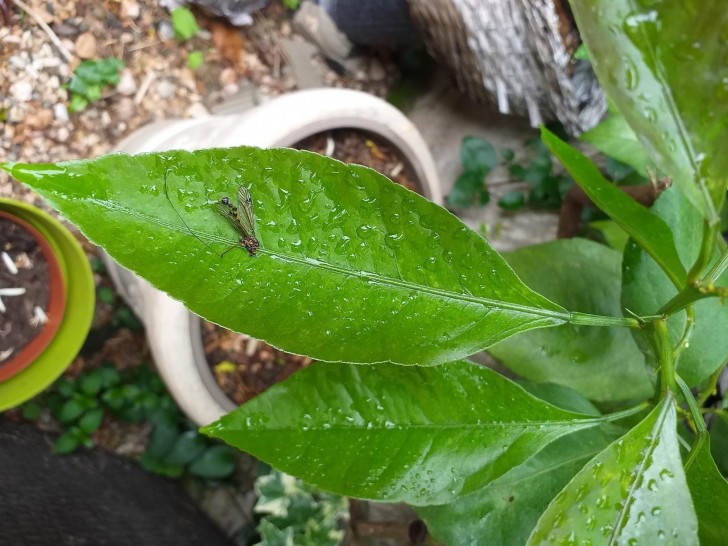
There are no miracle plant cures, but there are products that come close. One of these is Neem oil: it has a thousand benefits for plants
Neem oil is extracted from the Azadirachta indica Juss plant (which is native to the Indian subcontinent) and is now appreciated around the world for its properties. Thanks to the over 100 compounds it contains (of which, in particular, are triterpenes or limonoids), it is an excellent natural pesticide. Application is by contact, therefore it should be sprayed on the plants in order to land on the parasites directly.
The oil also is a phage inhibitor (ie. herbivores will not eat the plants), a growth regulator, and a deterrent against insects that lay eggs on plants.
Cinnamon for plants
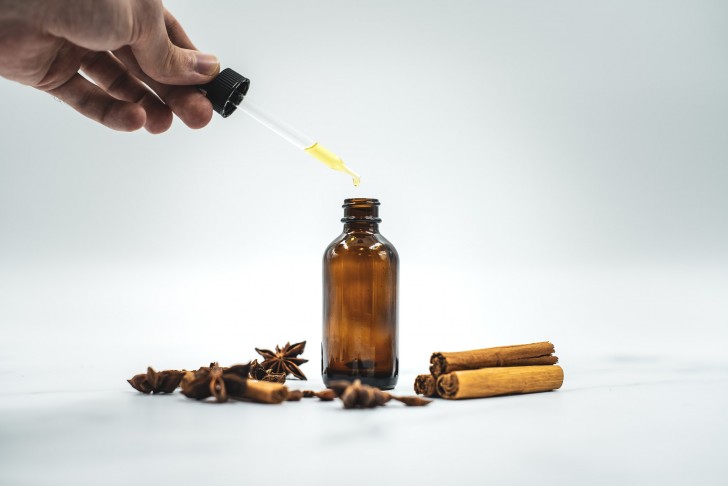
Cinnamon is another plant that is invaluable for the health of humans and the environment. Every part of it can be used in some way. For plants, its fungicidal capacity is much appreciated, among other things. However, there is a clarification that should be made: although cinnamon powder (like the one we use in the kitchen) can be used, it is much more effective to make a liquid mix using cinnamon extracts or essential oil. So dilute a little cinnamon oil or extract in water to use in a spray bottle!
Are you suprised by any of these plant-care techniques?!



